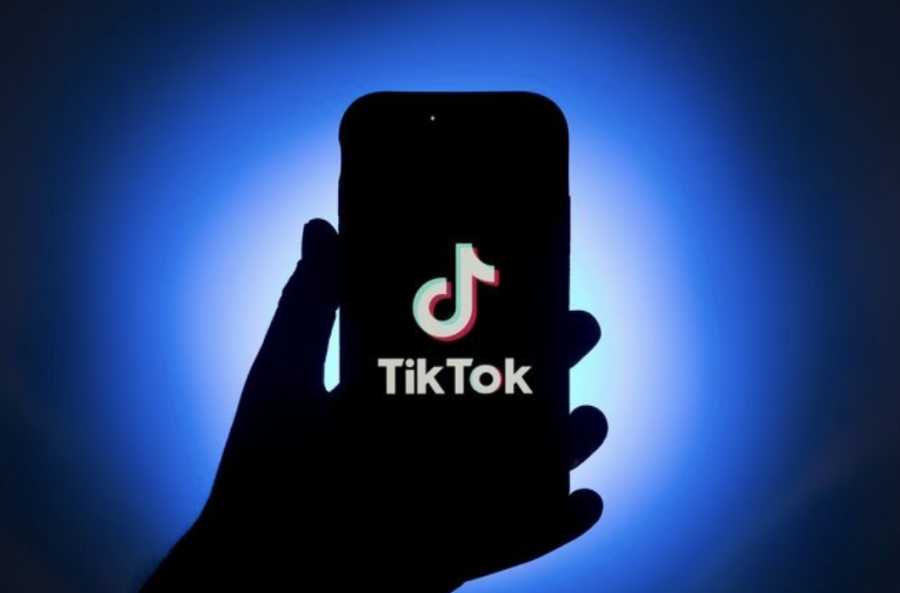Is TikTok Stealing Your Information?
February 28, 2023
Whether you like it or not, TikTok has captured the attention of an entire generation.
TikTok, a social media app known for its short-form videos, became the most popular app in the U.S. in 2019, prompting greater scrutiny that led to the military banning it on government devices due to security concerns and its ties to the Chinese government. ByteDance, the Chinese company that developed TikTok, has been accused of collecting user data and sharing it with the Chinese government, CBS reports. For instance, TikTok’s privacy policy agreement states, “We may collect information about you from third-party services,” such as advertising partners, data providers, and analytics providers.
Critics have attacked TikTok for its invasive user privacy policy, terms of service agreement, and how it handles user information. Even when the user isn’t on TikTok’s app, TikTok reserves the right to take data from whatever its users are doing digitally with another service. Many apps conduct the same “third party services rule;” however, there are concerns regarding what TikTok may do with that information, the biggest of which is sending data to the Chinese government. Likewise, TikTok’s privacy policy states that the company can share the data it collects with its corporate groups, including ByteDance. The incredibly lengthy terms and service agreement is full of legalese and convoluted language, effectively giving TikTok full access to your phone. While this might be problematic, the company’s ties with the Chinese government, which they officially deny, have led many to view it as a threat to society.
While there is growing discontent with how TikTok operates, the state of Indiana has gone so far as to sue the tech giant for promoting misleading or outright false information to a large audience. On Dec. 7, Government officials from Indiana, Maryland, South Carolina, South Dakota, and Texas banned TikTok from all government employee devices. On Dec. 13, Alabama and Utah followed, with many states in the coming weeks doing the same, creating a growing trend that legitimized concerns that TikTok may be a genuine threat. The ever-increasing concern about TikTok’s ability to breach user privacy has even started to spread into academia and the private sector. Forbes reports that colleges, such as The University of Texas at Austin, have begun to ban using TikTok on their campus wifi.
Scott Macfarlane reports concerns from FBI Director Christopher Wray that the Chinese government has had a longstanding policy of stealing data and technology from American businesses and government agencies. As a result, many politicians and people working in law enforcement agencies consider TikTok a trojan horse through which millions of Americans unwittingly surrender valuable and private information for easy access to entertainment. TikTok claims that there is a digital firewall between its American and Chinese companies. However, people do not believe it, and mounting evidence from the FBI and experts like Aynne Kokas (director of the East Asia Center at the University of Virginia) suspect that TikTok hasn’t honored its pledge not to share information with its sister company in China.
Whether or not TikTok gets formally banned across the country remains to be seen. However, with Reuters having just announced that the White House has imposed a 30-day deadline for purging TikTok from all federal devices, it is clear that there is growing momentum to shut down one of America’s favorite social media apps.

Elah • Feb 28, 2023 at 2:24 pm
great story mattox!!